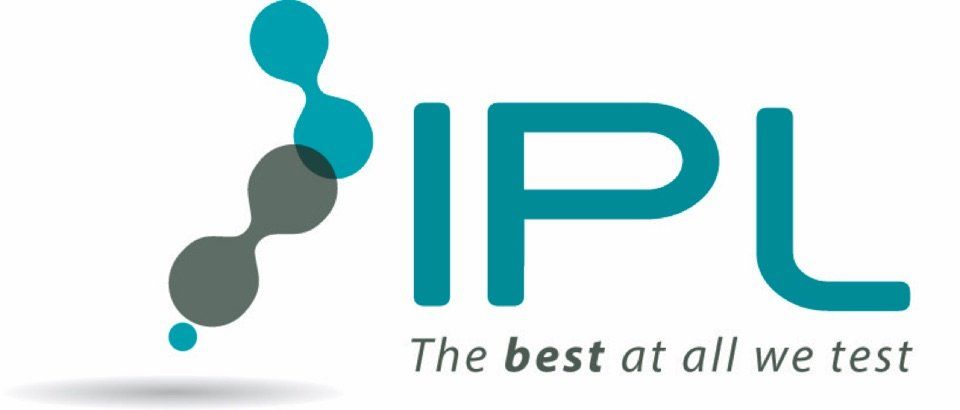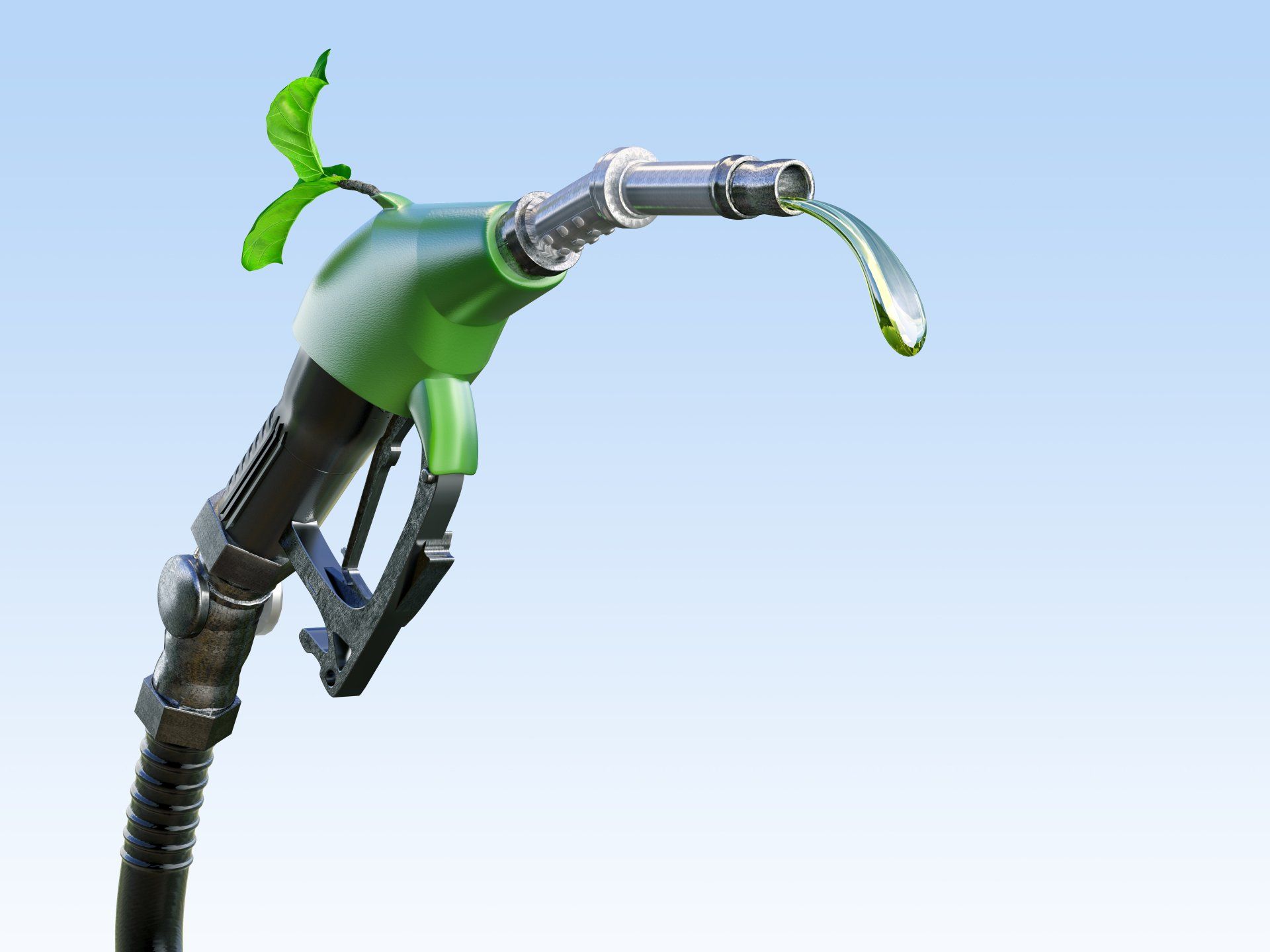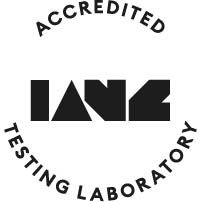Biofuels
IPL provides an extensive range of biofuel analysis and has a wealth of knowledge in the biofuels sphere. We perform testing to ensure your product meets the Regulations and guidelines and provide quality assurance to the supply chain.
Ethanol and blends
Crude assay is essentially the evaluation of a crude by physical and chemical testing. We can assay the crude to evaluate the boiling range distribution of the cut points or complete a comprehensive characterisation that includes full chemical testing of the various boiling range fractions produced from the distillation.
Biodiesel and blends
Detection of trace and ultra trace concentrations of total mercury including crude hydrocarbons, condensates, LPG and gas streams. IPL utilises two methods of quantification to determine mercury to a limit of quantification of 0.2 ppb ug/kg.
Renewable Jet fuel
IPL is the first laboratory in NZ with the capability to perform the required weathering and dispersant testing for oil discharge management plans as regulated by Maritime NZ.
Feedstock and others
C1-C9





